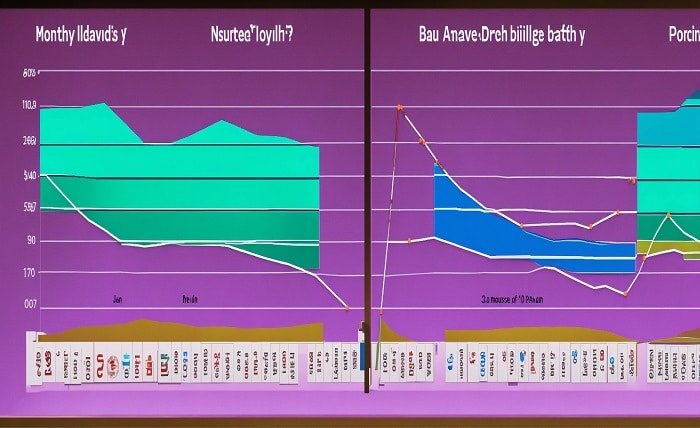
In exploring which results of regulation in a mixed-market economy apply, it’s crucial to understand how these regulations shape various aspects of economic and social life. This blog post examines the diverse effects of governmental controls and oversight in a system where both public and private sectors coexist.
Consumer Protection
One of the primary results of regulation in a mixed-market economy is enhanced consumer protection. Regulations ensure that businesses adhere to safety standards, quality assurances, and ethical practices, thereby safeguarding consumer interests.
Environmental Sustainability
Regulations often mandate that companies follow sustainable practices. These rules are aimed at reducing pollution, conserving natural resources, and ensuring long-term ecological balance, which are vital results of regulation in a mixed-market economy.
Market Stability
Another significant result of regulation is market stability. By setting financial rules, such as those against monopolistic practices and price fixing, the government helps prevent market volatility and protects the economy from severe ups and downs.
Encouragement of Fair Competition
Regulation fosters a competitive market environment by preventing the dominance of any single entity. This is achieved through antitrust laws and fair trade practices, ensuring that small and medium-sized enterprises have a fair chance to succeed.
Promotion of Innovation
Regulations can also drive innovation by setting standards that encourage the development of new technologies and solutions. This is a critical result of regulation in a mixed-market economy, fostering growth and advancement.
Protection of Worker Rights
Labor laws are a fundamental aspect of regulations that protect workers’ rights, ensuring fair wages, safe working conditions, and reasonable working hours. These are crucial for maintaining a stable and productive workforce.
Quality Improvement
Regulatory standards compel businesses to improve their products and services continually. This result of regulation ensures that consumers receive better quality and reliability in the goods and services they purchase.
Economic Equity
Regulations help in redistributing wealth and reducing income inequality, which are essential for promoting social and economic equity. This is done through mechanisms like taxation, minimum wage laws, and social security systems.
Consumer Confidence
The enforcement of regulations boosts consumer confidence as buyers feel more secure in their transactions. Knowing there are oversight and recourse options available makes consumers more likely to engage in economic activities.
Enhanced Public Health
Health regulations such as those governing food safety, medical products, and public health policies are pivotal in protecting the general population from health risks and epidemics.
Fiscal Policies for Economic Growth
Regulations concerning fiscal policies help in moderating economic growth. These include managing interest rates, controlling inflation, and stabilizing currency values, which are vital for a healthy economy.
Regulation and Technology Integration
In a tech-driven world, regulations ensure the ethical use of technology, data protection, and privacy laws. These safeguards are crucial for integrating technology into daily life and business practices safely and responsibly.
Conclusion
The results of regulation in a mixed-market economy are profound and far-reaching. From protecting consumers and the environment to fostering economic growth and innovation, these regulations are fundamental in shaping a balanced and equitable market. Understanding these impacts helps in appreciating the intricate balance between freedom and control in a mixed-market economy.
FAQs
1.What is a mixed-market economy? A mixed-market economy combines elements of both capitalism and socialism, featuring a blend of private enterprise and government regulation.
2.How do regulations affect consumer prices? While regulations can increase costs due to compliance, they also prevent price gouging and monopolistic practices, often balancing out to benefit the consumer.
3.Can regulations hinder economic growth? If excessively stringent, regulations might impede innovation and efficiency. However, well-designed rules can stimulate economic growth by ensuring stability and fairness.
4.What role do environmental regulations play in a mixed-market economy? They are crucial for ensuring sustainable practices, preventing environmental degradation, and promoting the responsible use of resources.
5.How do labor regulations impact employment? Labor regulations protect workers from exploitation, contribute to higher job satisfaction, and can lead to increased productivity, though they may increase operational costs for businesses.





